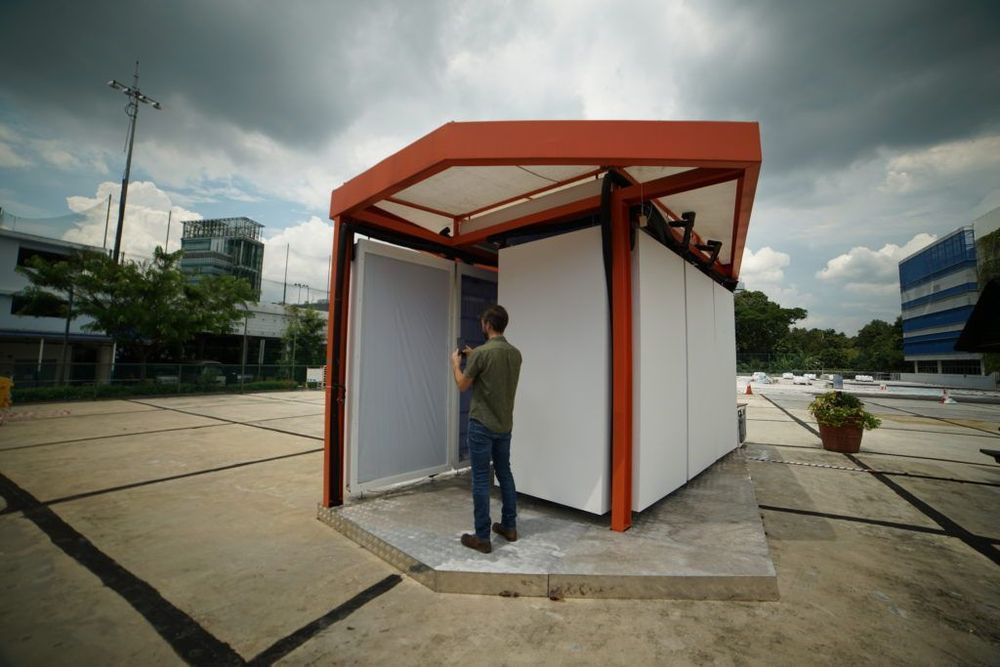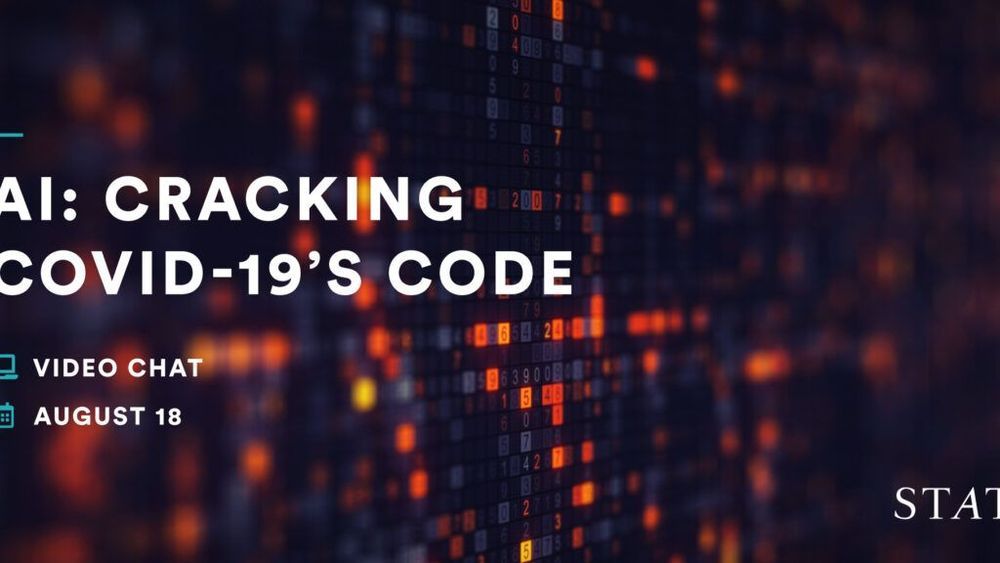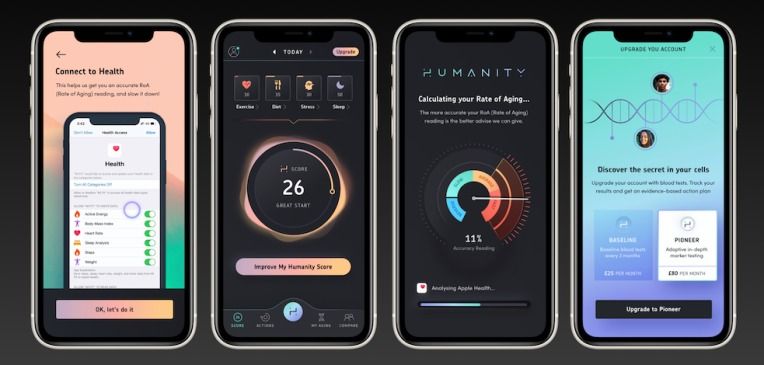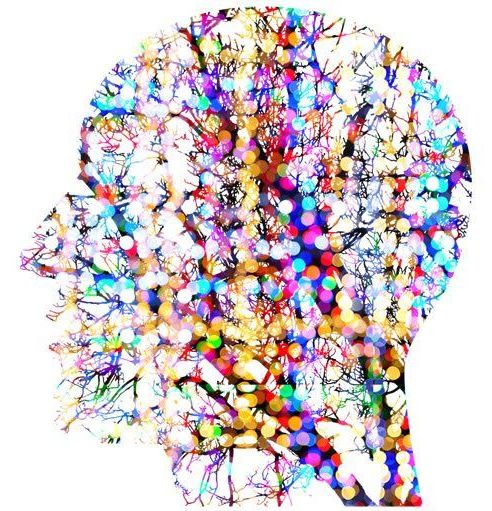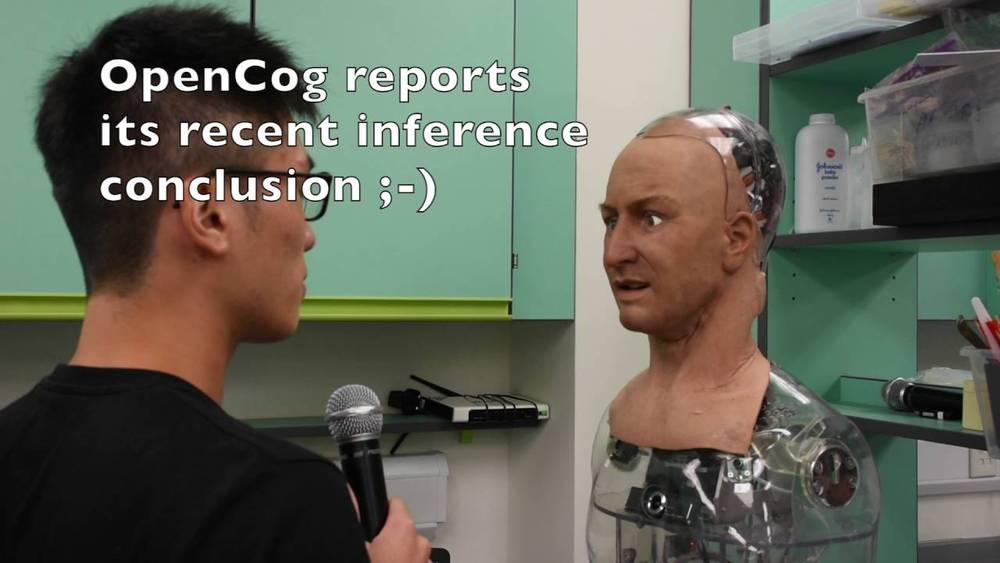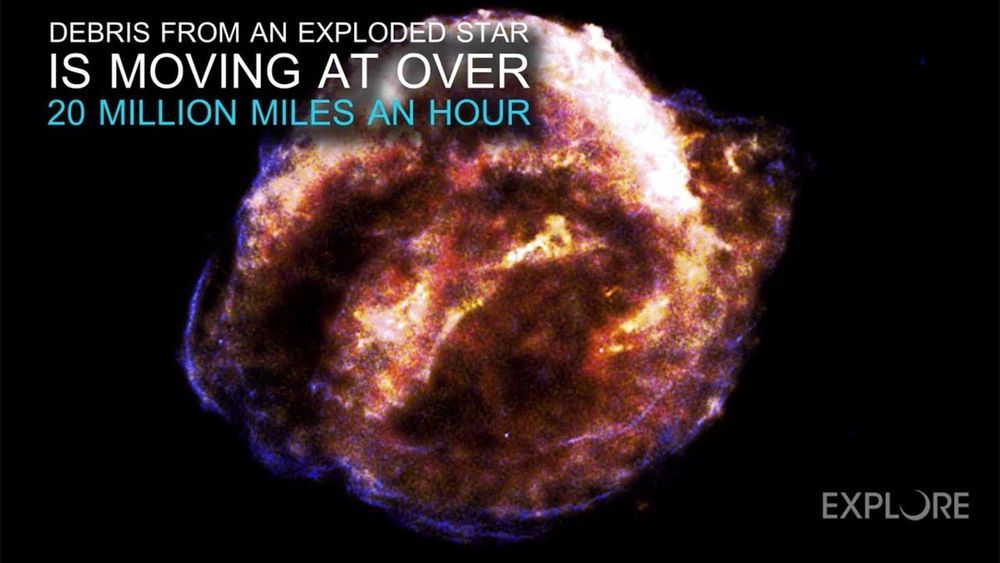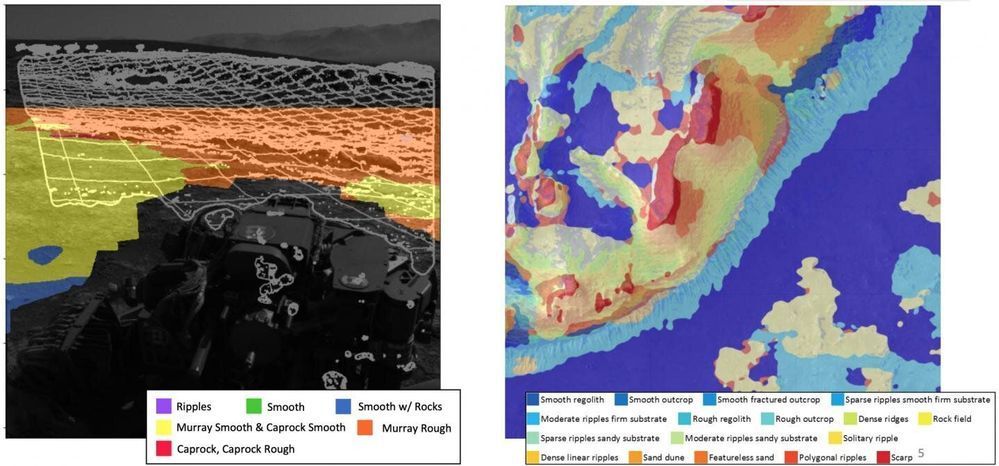Aug 20, 2020
“Cold Tube” cooling system uses half the energy of an air conditioner
Posted by Quinn Sena in categories: energy, sustainability
Air conditioners are a convenient way to cool down offices and homes, but they use huge amounts of energy in the process. A team of scientists has been developing an alternative solution for those warm summer months called the Cold Tube, which works by absorbing body heat emitted from a person and can use around half the energy of traditional systems as a result.
The notoriously bad energy efficiency of air conditioners has motivated the development a range of environmentally friendly solutions, from attachments that use water mist to pre-cool the units to solar-powered systems that produce hot water at the same time. In 2018, Richard Branson even launched a US$3 million competition aimed at developing more energy efficient air conditioners.
Similarly, the research team behind the Cold Tube has been investigating next-generation systems that keep people cool in more efficient ways. Made up of scientists from the University of British Columbia, Princeton University, the University of California, Berkeley and the Singapore-ETH Centre, the team took aim at the dehumidification process that is a critical function of today’s air conditioning systems.
